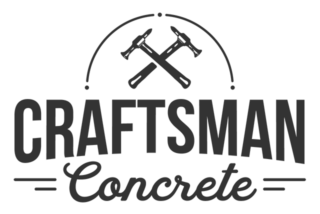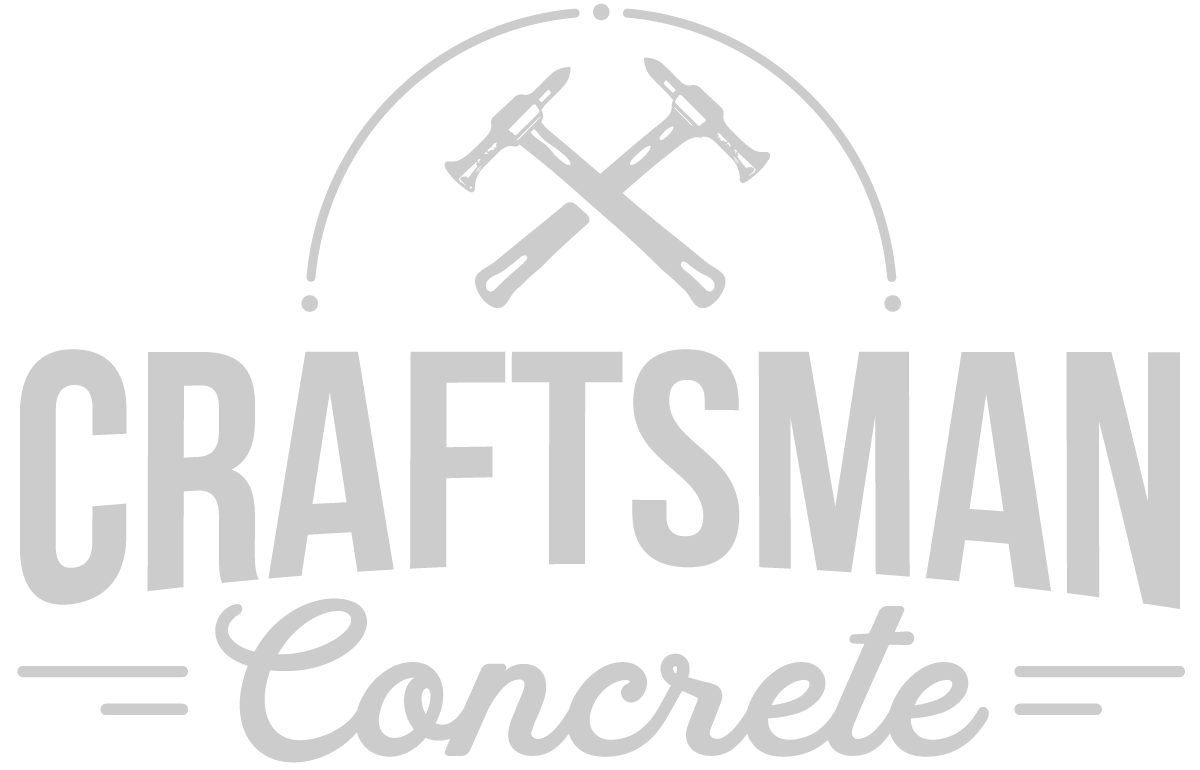Sealed Concrete Installation
Craftsman Concrete Floors specializes in the installation of sealed concrete floors for commercial and residential applications. As one of the largest installers of sealed concrete floors in the country, we’ve developed a proprietary system that meets the stringent quality demands of luxury construction.
Our team includes well-known veterans of the concrete industry with extensive experience in installation, materials manufacturing, and product development. As a testament to our expertise, we are proud to be a manufacturer-certified installer for renowned concrete brands such as MAPEI and Westcoat.
At Craftsman Concrete Floors, our commitment is to environmental sustainability. We know that our customers install concrete flooring to minimize waste and environmental impact. To support this commitment, we power our facilities with 100% renewable energy, use electric cars where possible, and purchase carbon credits to offset the greenhouse gases from our other vehicles.
Want to Learn More About Sealed Concrete Floors?
We’re here to guide you through the design of our products. A Concrete Floor Specialist will reach out within one business day.
Frequently Asked Questions about Sealed Concrete Floors
Sealed concrete is concrete that has had a protective material added. Sealers protect from stains and wear as well as eliminate dusting. Some sealers can enhance the color of the concrete.
There are two types of concrete sealers: film-forming and non-film-forming. Film-forming sealers are the most common and include acrylic, epoxy, and polyurethane sealers. Non-film-forming sealers, such as siliconate sealers and concrete densifiers, fully penetrate the concrete surface for protection from within.
The service life of a concrete sealer varies based on the type and application. High-solids epoxy or polyurethane floors can last 10 years or more, while outdoor solvent-based acrylic sealed floors may need resealing as often as every two years.
Stained concrete floors require little maintenance. They should be dust-mopped and cleaned regularly with a pH-neutral cleaner. When sealed concrete floors show clear signs of wear, resealing may be required.
Film-forming sealed concrete finishes are slippery when wet. If this is an issue, slip additives such as glass beads, sand, or poly flake may be added to the sealer. For high-traffic use-cases, walk-off mats can be incorporated into the sealed concrete floors at doorways to reduce water intrusion onto the floor.
Yes, certain concrete sealers can be installed as a DIY project. Water-based and penetrating sealers are the easiest to apply and may suit DIYers. However, other systems, especially those requiring extensive surface preparation, are often too complex for DIY installation, and access to specialized equipment can be challenging.
Yes, sealed concrete floors are considered eco-friendly because they utilize the existing concrete slab to create a finished floor. However, it is important to choose a sealer with low or no VOCs. Reduced maintenance waste and reduced lighting requirements due to reflectivity also contribute to sealed concrete’s environmental benefits.
The price of a sealed concrete floor is highly variable. Basic sealed concrete floors can be as inexpensive as $1 a square foot, while multi-layer epoxy floor systems can cost $10 or more a square foot.
Sealed concrete floors offer a durable, attractive finish for outdoor spaces like patios. They’re comfortable underfoot, easy to clean, and stain-resistant.
Locations we Serve
Our 100% in-house concrete flooring installers are trained to achieve the exacting quality standards required for luxury residential, retail, and specialized commercial installations. With an immense statewide portfolio, Craftsman Concrete Floors has been servicing Dallas, Austin, Houston, San Antonio, Fort Worth and the surrounding areas since 1999. We are proud to serve builders, architects, designers, and homeowners throughout the region.
Texas Locations
Hear What Our Customers Say About our Floors
Our Clients













Blog

Project Highlight: 34,000 Sq. Ft. ESD Epoxy Installation in Dallas, Texas

Project Highlight: New Residential Terrazzo Floors in Fort Worth, Texas












